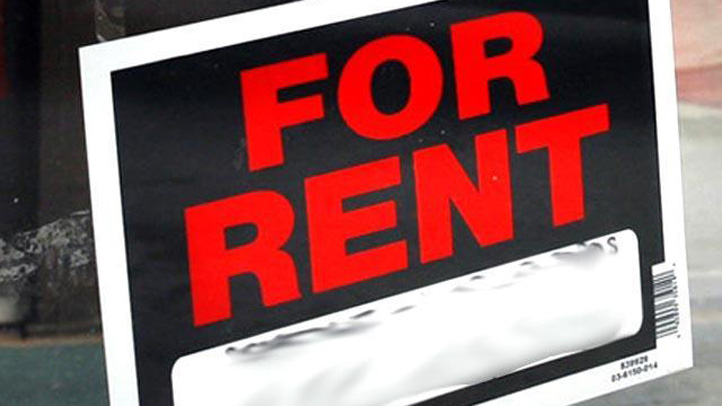The NBC Bay Area Investigative Unit has been examining what led to the near complete 911 meltdown San Francisco experienced in the Labor Day heat wave.
Further investigation reveals the city ignored its own decade-old plan on how to deal with such a crisis.
San Francisco Supervisor Aaron Peskin said the city has a "heat plan" officials drew up after a major heat wave back in 2006.
"As far as I can tell, little or any of this was implemented, even though the city had ample warning," Peskin said.
The Extreme Heat Response Plan includes a map showing red areas where vulnerable elderly residents would be hit hardest. The plan also predicts an "overload of the 911 system" as heat victims call for help. Further, the plan outlines how the city should set up air conditioned cooling centers.
But the NBC Bay Area Investigative Unit has obtained a timeline of the city's response to the recent record heat wave, and it shows officials either failed or were slow to act on warnings that temperatures could soar to record levels.
At first, public health officials refused to set up the cooling centers outlined in plan.
Local
On the Friday when the city set a new all-time high of 106 degrees, residents were simply told to find a shady park or air-conditioned theater. That advice came as the predicted 911 overload came true.
While one ambulance company added four rigs, city officials did not initially call for outside help. As a result, between 3 p.m. and 4 p.m., the peak of the heat, the city had no available ambulances for 19 calls. Between 4 p.m. and 5 p.m. the backlog swelled to 36.
Finally, after 5 p.m., a citywide operations command post was opened, and mutual aid was called in.
Three elderly people died in the heat. At least one more death is still under investigation.
As for the cooling centers, the city timeline shows that they were not authorized until late Friday night.
"What did happen, happened a little too little, too late, after the city had already passed 106 degrees at 10 o'clock at night, was when they were sending out information about cooling centers for Saturday," Peskin said. "It just boggles the mind."
Public health officials have defended the ctiy's mutual aid response as an "orderly" process.
Peskin has now sent letters to various officials summoning them to a hearing next Wednesday.
A spokeswoman for the city public health department defended its handling of the heat wave, saying, "Years of planning and preparation paid off as our emergency plans worked like they were intended during this rapidly evolving event."



